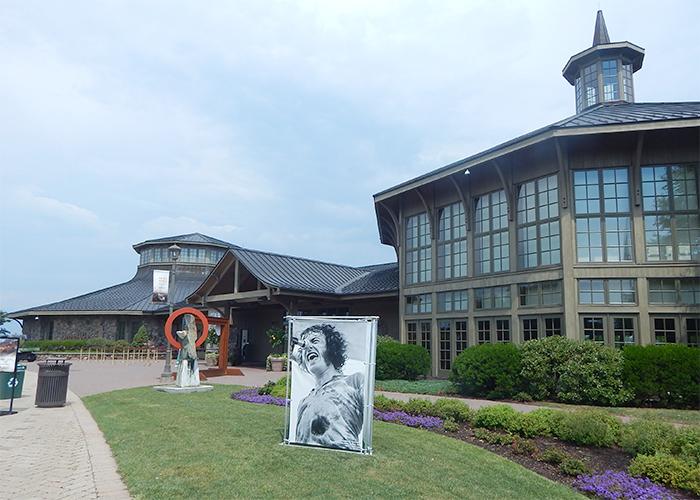BETHEL- On the 54th anniversary of the 1969 Woodstock Music and Arts Fair, Bethel Woods Center for the Arts, the site of the original festival, is thrilled to announce that the Museum at Bethel Woods has been awarded a grant from the National Endowment for the Humanities to collect stories of the 1960s counterculture experience.
The “1960s Oral Histories – New York Community Connectors” project received the funds as part of the NEH’s Cultural and Community Resilience Program.
As one of only 11 organizations to receive this grant, the money awarded to Bethel Woods will allow the non-profit to fund the expansion of its Oral History Initiative in 2024 in New York City, with a specific focus on gathering stories from under-recorded voices—particularly those from diverse and disadvantaged communities–within the history of 1960s counterculture. The first phase of the project will center in Harlem, Washington Heights, and Inwood. It is focused on collecting the stories of people from the African American community and other communities of color. Phase two will then draw from the Upper West Side, the Village and Brooklyn, with a focus on collecting the stories of people who identify as LGBTQ+.
“As we get farther from this defining era, we need to get closer to the lost stories of the movement and save their place in history,” said Neal V. Hitch, Museum Director and Senior Curator, The Museum at Bethel Woods. “The decade stood for peace, justice, and resistance, and this collection will support not just one thesis about Woodstock, but innumerable ideas, themes, and the patterns of a decade. These perspectives are critical to understanding the full picture of the time period and its lasting implications and impact.”
The award-winning 7,000 square foot Museum at Bethel Woods sits on the 800-acre campus of the Bethel Woods Center for the Arts and interprets and preserves the National Register historic site of the 1969 Woodstock Music and Art Fair. The site represents one of the defining moments in American culture, a moment that has today become synonymous with freedom of expression, peaceful gathering, and the impulse for positive change. The Museum’s mission is to interpret the zeitgeist of the 1960s which concluded with the Woodstock festival. The Museum tells the story of the social movements, political history, popular culture, and lasting influences of the 1960s.
“Collecting first-person stories is key to our mission. We’re so grateful to the National Endowment for the Humanities for seeing how critical this work is and supporting our efforts,” added Julia Fell, Oral History Initiative Project Lead, The Museum at Bethel Woods. “The oral histories are essential because they not only illustrate culture-changing events themselves but also a long view of the effects and sacrifices for change. As someone from a younger generation, I strongly believe in the importance of preserving these stories so that my contemporaries and all those who come after may learn from the diverse experiences and wisdom of those who lived through this critical time in our history.”








